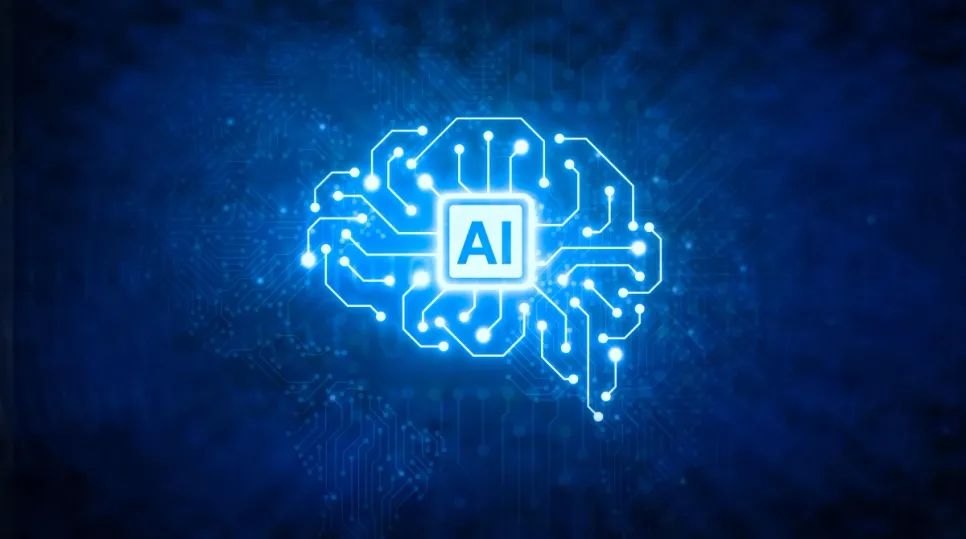GenAI Smartphone End-User Spending to Total $298 in 2025
Worldwide end-user spending on generative AI smartphones is projected to total $298.2 billion by the end of 2025, according to Gartner.

AI is making workers more valuable, productive, and able to command higher wage premiums, with job numbers rising even in roles considered most automatable, according to PwC. The report is based on an analysis of close to a billion job ads from six continents.
Its report finds that since GenAI’s proliferation in 2022, productivity growth has nearly quadrupled in industries most exposed to AI (e.g., financial services, software publishing), rising from 7% from 2018-2022 to 27% between 2018-2024. In contrast, the rate of productivity growth in industries least exposed to AI (e.g., mining, hospitality) declined from 10% to 9% over the same period.
2024 data shows that the industries most exposed to AI are now seeing 3x higher revenue per employee growth than the least exposed. “This research shows that the power of AI to deliver for businesses is already being realized. And we are only at the start of the transition. As we roll out Agentic AI at enterprise scale, we are seeing that the right combination of technology and culture can create dramatic new opportunities to reimagine how organizations work and create value,” said Carol Stubbings, Global Chief Commercial Officer at PwC.
Contrary to some expectations, the data from the report does not show job or wage destruction from AI. While occupations with lower exposure to AI saw strong job growth (65%) in recent years (2019-2024), growth remained robust even in more exposed occupations (38%). Within more exposed occupations, jobs can be further divided into ‘automated’ (i.e., the job contains some tasks that AI can carry out) and ‘augmented’ (i.e., where AI helps humans do their job better). Across both classifications between 2019-24, job numbers are growing in every industry analyzed, although augmented jobs are generally growing faster.
Wages are growing twice as fast in industries more exposed to AI versus less exposed, with wages rising in both automatable and augmentable jobs. Jobs that require AI skills also offer a wage premium (over similar roles that don’t require AI skills) in every industry analyzed, with the average premium hitting 56%, up from 25% last year. Jobs that require such AI skills also continue to grow faster than all jobs, rising 7.5% from last year, even as total job postings fell 11.3%.
“In contrast to worries that AI could cause sharp reductions in the number of jobs available, this year's findings show jobs are growing in virtually every type of AI-exposed occupation, including highly automatable ones. AI is amplifying and democratizing expertise, enabling employees to multiply their impact and focus on higher-level responsibilities. With the right foundations, both companies and workers can redefine their roles and industries, and emerging leaders in their field, particularly as the full gamut of applications becomes clearer,” said Joe Atkinson, Global Chief AI Officer at PwC.
While the picture of productivity, wages, and jobs is broadly positive, the research does highlight the need for workers and businesses to adapt to a much faster pace of change. The skills sought by employers are changing 66% faster in occupations most exposed to AI, up from 25% last year. What it takes to succeed in AI-exposed jobs is changing in other ways. Employer demand for formal degrees is declining for all jobs, but especially quickly for AI-exposed jobs. The percentage of jobs AI augments that require a degree fell 7 percentage points between 2019 and 2024, from 66% to 59%, and 9 percentage points (53% to 44%) for jobs AI automates. The findings show that AI’s impact on women and men may be unequal – in every country analyzed, more women than men are in AI-exposed roles, suggesting that the pressure on the skills facing women will be higher.
“AI’s rapid advance is not just reshaping industries, but fundamentally altering the workforce and the skills required. This is not a situation that employers can easily buy their way out of. Even if they can pay the premium required to attract talent with AI skills, those skills can quickly become out of date without investment in the systems to help the workforce learn,” said Pete Brown, Global Workforce Leader at PwC.